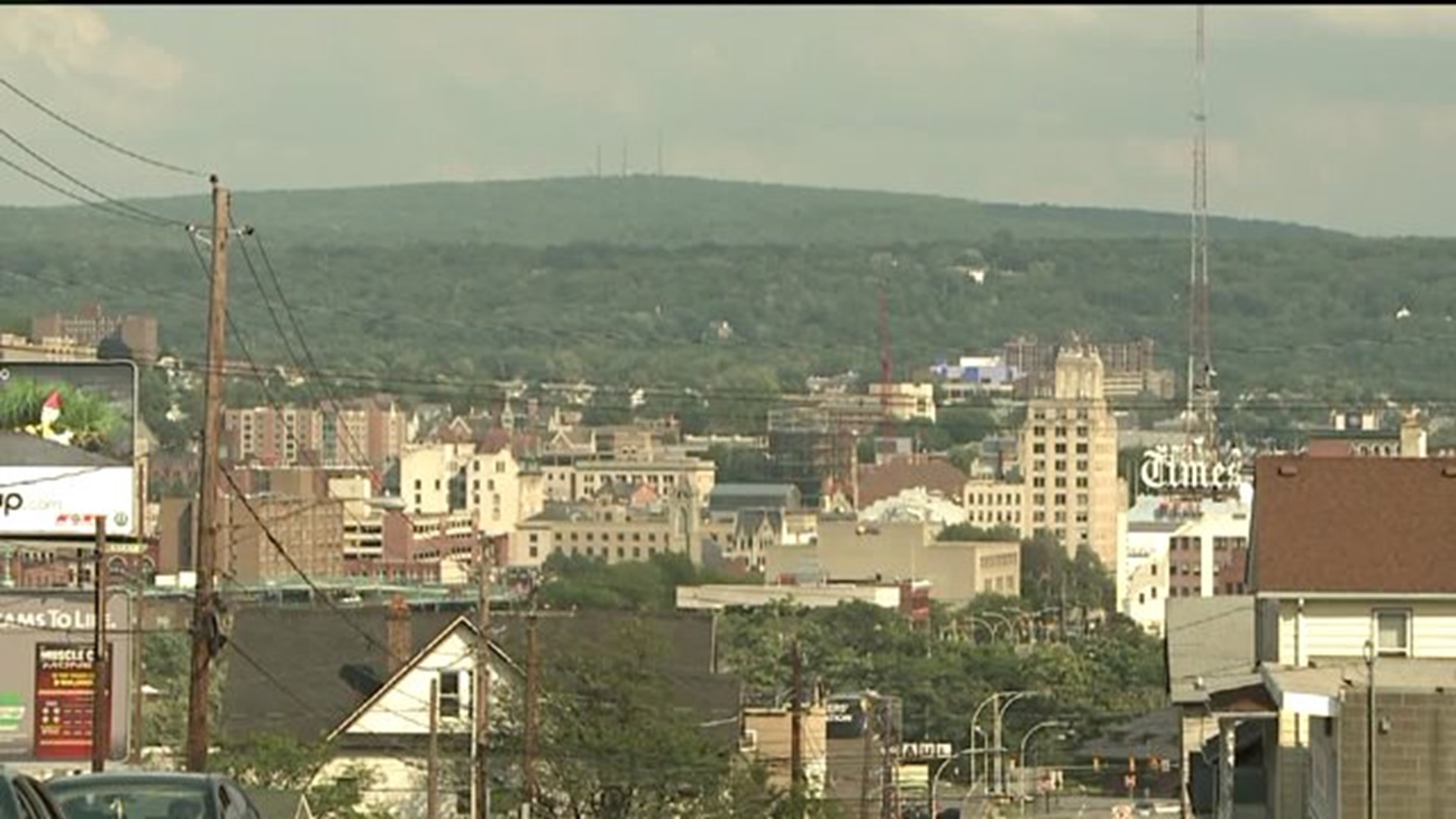SCRANTON -- Non-residents who work in Scranton will soon have to pay a city wage tax.
City council voted Thursday night to impose a commuter tax starting in October.
For people who come to the city of Scranton for work, you will be shelling out more in taxes.
“Yes, I hereby declare 7-A legally adopted,” said Council president Bob McGoff.
Scranton city council voted four to one to impose a commuter tax on non-residents under Act 205 legislation despite opposition from speakers.
“Obviously it`s not just affecting Scranton but now everybody`s going to be affected by your vote tonight,” said Laureen Cummings from Old Forge.
“Placing a burden on the commuters that had absolutely nothing to do with the gross incompetence that took place and continues to take place,” said Doug Miller from Scranton.
“Said revenue to be specifically restricted to funding of the severely distressed pensions,” read city council clerk Lori Reed.
The tax is expected to generate $5 million a year with that money going solely to fund the city's distressed pension funds.
For a commuter making $50,000 annually in Scranton, that tax is an extra $375 a year.
City administrators told council before the vote, the pension funds are rapidly running dry.
“If the fund itself could not sustain the city would need to make the payments out of the general fund,” said city solicitor Jason Shrive.
The mayor said his administration has been meeting with union representatives to work on pension reform.
“I'm wondering if the fact that the unions are willing to talk to the administration whether or not that means the city has not exhausted all other avenues,” said state representative Sid Michael Kavulich, who serves the 114th District.
Council member Bill Gaughan cast the single “no” vote, saying state lawmakers in Harrisburg are considering re-working Act 47, the distressed city legislation that would make municipalities raise property taxes if a commuter tax is imposed.
Gaughan expects that amendment to pass in the fall.
“It's not fair to ask commuters to pay and eventually resident are going to have to pay a 33 percent increase in their wage tax,” said Gaughan.
Council said letters will be sent to city employers telling them that commuter tax will be collected starting October 1st.

